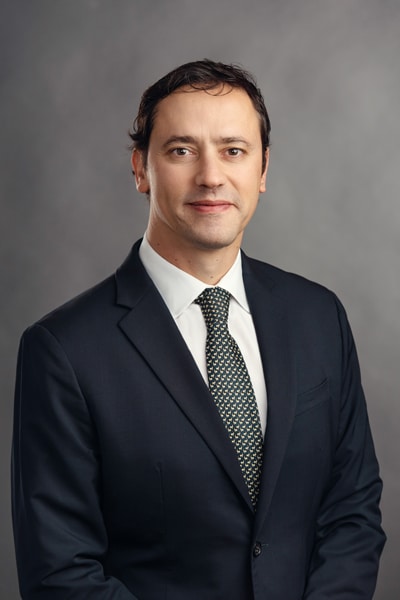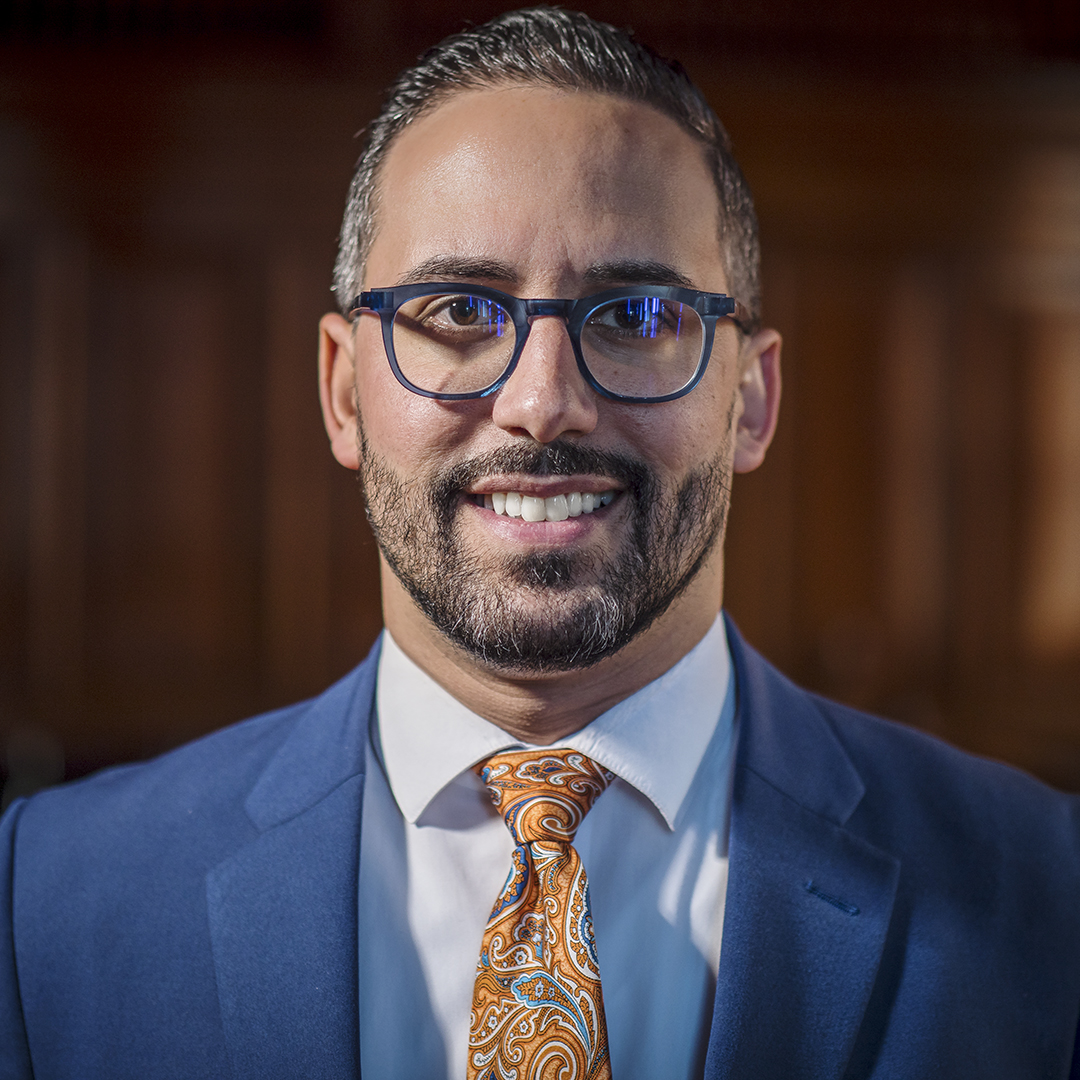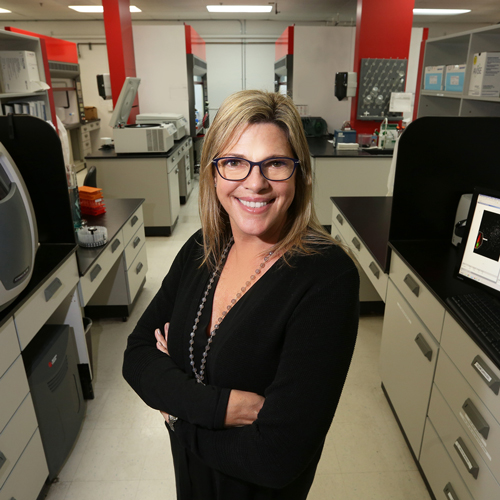|
Getting your Trinity Audio player ready...
|

Photo: Jesse Rinka Photography
Nuno Dias Andrade surprised his parents when he started asking questions about Portugal’s gross domestic product. This was sometime around the age of five or six. It wasn’t so much that he understood what a GDP represented—he was simply fascinated with big numbers.
Today, as managing director and head of project and acquisition finance at Santander Bank N.A., a wholly-owned subsidiary of Madrid-based Banco Santander S.A. that has operations across the globe, he not only handles big numbers (his project finance teams have arranged and originated more than one hundred transactions representing $55 billion in financing since 2008), but he also has deep knowledge of what those numbers can do. His unit is heavily engaged in the rise of renewable energy across North America, primarily in financing utility-scale wind and solar farms.
He speaks of his involvement in renewable energy as happenstance, but it is also a function of the location of Santander’s headquarters: on the Iberian Peninsula where wind, solar, and hydroelectric power are the envy of the rest of the world. Andrade’s native Portugal in 2018 produced 55 percent of its energy via hydroelectric power and 42 percent from wind. The only operating thermal fossil power plants in the country provide backup to times when the renewable supply falls short of demand. Spain, the larger and more populous country next door, is the fifth largest producer of wind power in the world, with 45.8 percent of electric power coming from renewable resources.
Before moving to the bank’s New York office, where his department of twenty-one people is based, Nuno began working on renewable energy in 2006 in Madrid. At that time, one might have considered this work a quixotic tilting at windmills as climate-change science was not so broadly understood and accepted, and the economics of wind energy weren’t nearly as favorable.
But in 2019, it’s a different story. “There is a renewable energy revolution underway,” Andrade says. “We were there at the very beginning. I’m proud that we were there then and are one of the largest lenders in this space now.”
“There is a renewable energy revolution underway. We were there at the very beginning. I’m proud that we were there then and are one of the largest lenders in this space now.”
Not that this is a simple, slam-dunk affair. Financing wind and solar projects in multiple countries involves project finance, seed- and risk-capital investment, solar leasing, sale and leaseback, and bridge-equity instruments. Andrade points out that institutional investors are drawn to renewables in different ways, in both owner-equity positions and as developers. Tax incentives are a huge driver, as are tax equity investments. He describes so many moving parts as an “ecosystem of development,” and that, once built, there is the question of selling the project or keeping it.
Overlying these complex financial structures is what Andrade says is just as important: the human element. “Banking is about people,” he says. “Our key focus is an orientation on the client. While we have to have financial knowledge, our dedication to understanding the client’s needs and provide a flawless service is our competitive advantage.”
The banking business, and the matters of climate change mitigation and deployment of renewable energy projects, is also multinational and perhaps it is not coincidence this Portuguese native working for a Spanish bank in New York City has a very diverse staff.
“I’m a big believer in diversity,” Andrade says. “The best teams have people whose backgrounds and skills complement each other. We all have our blind spots, so in combination we are much more powerful.”
“I’m a big believer in diversity. The best teams have people whose backgrounds and skills complement each other. We all have our blind spots, so in combination we are much more powerful.”
His working team includes individuals from seven nationalities who have five native languages. “Most global finance is conducted in English,” he adds, “but people coming from different languages are going to have a diversified perspective.”
“The World Cup is interesting around here,” he quips, understatedly.
Andrade credits his appreciation for other languages, cultures, and ways of doing business to his upbringing (“Our family traveled to America and Asia,” he notes) and his University of Porto education that included a year studying in France at the University of Grenoble Alpes. This was in “Erasmus,” a European Commission program that enables students to study, train, and gain experiences abroad. He says that the exposure to students from all over the world in this program was what made it so enriching.
This expansive background plays into the project and acquisition finance department under Andrade’s direction in other ways, too. The department’s experience in renewable energy financing is useful in and applied to its work in other industries as well. “Negotiating skills, being very detail oriented, multiple-party reviews—it’s all transferrable,” he says.
So how does this global financial leader raise his own children? “One of the first things I bought them was a globe to put in their rooms,” he says. “It’s never too early to think about how there is a big world out there.”

